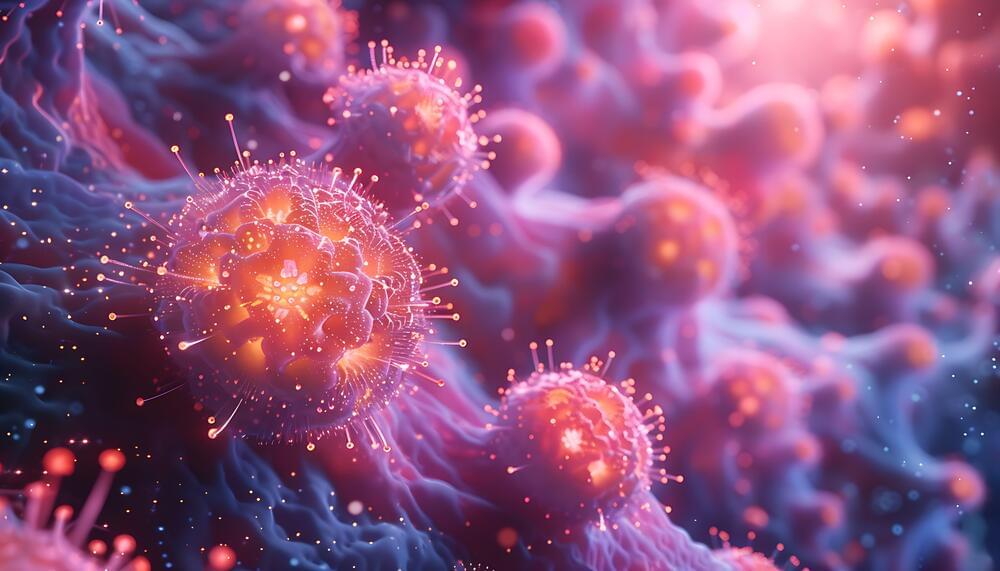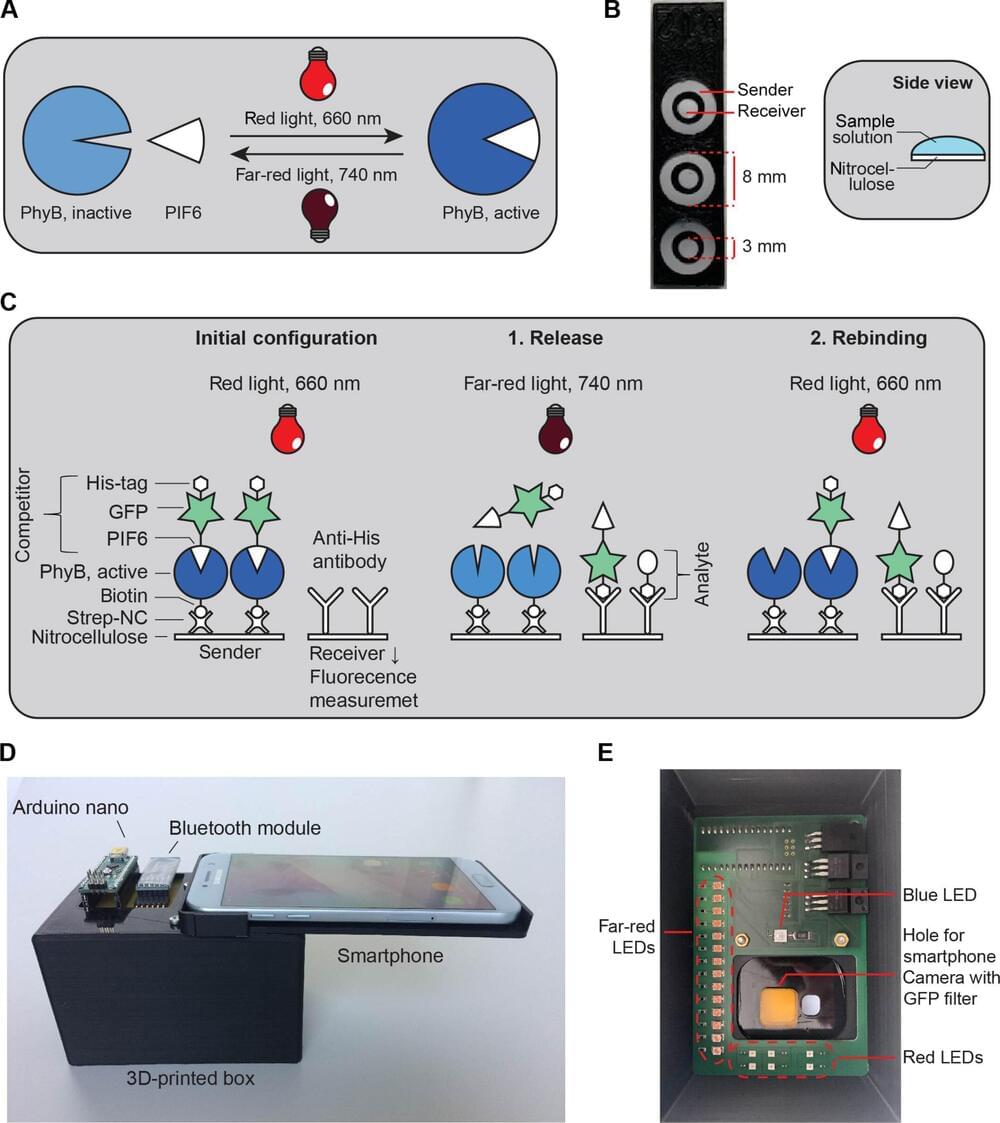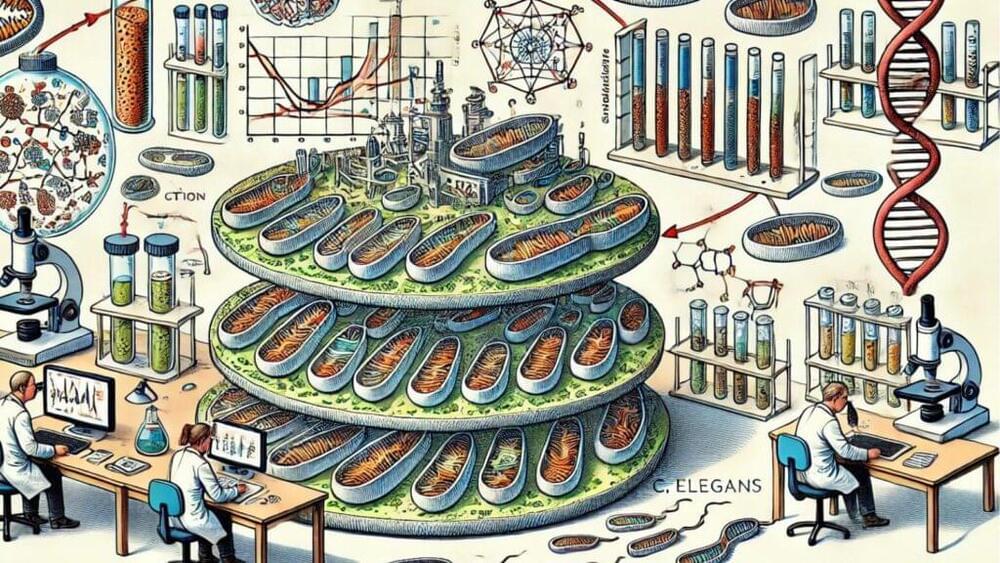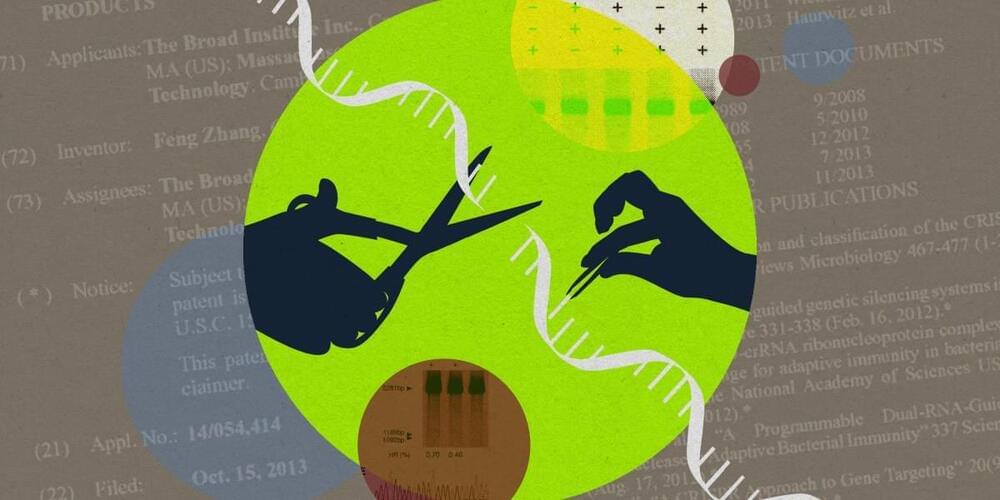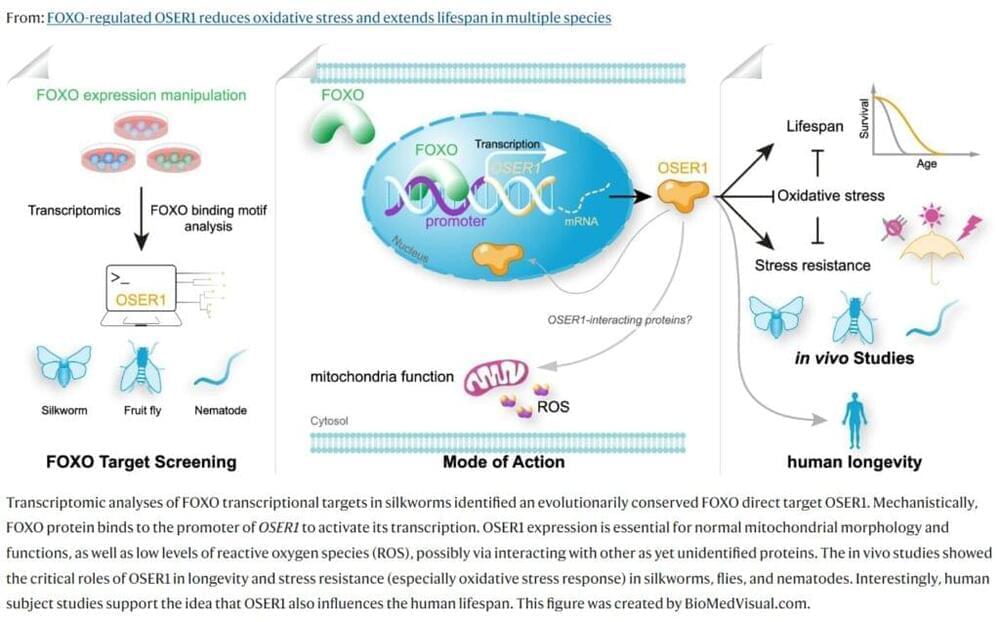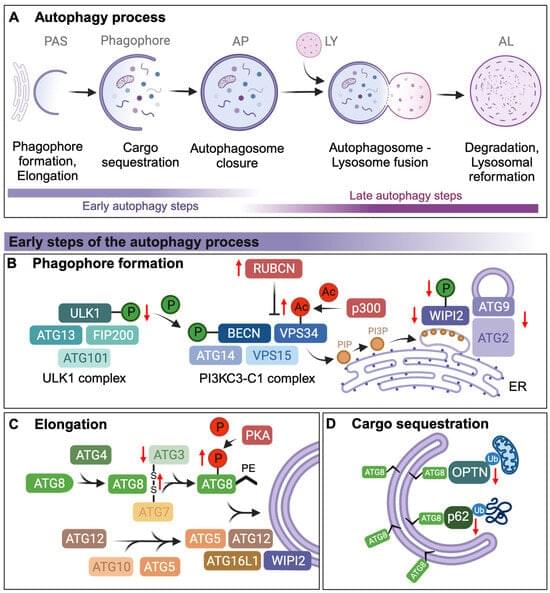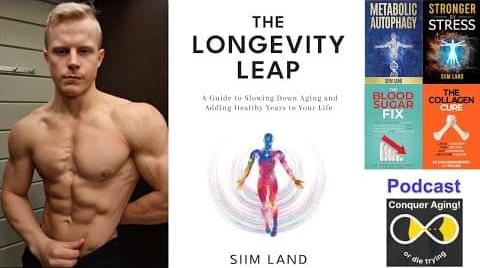Sep 29, 2024
Overcoming Treatment Challenges in Multiple Myeloma: Bispecific Antibodies and CAR T-Cell Therapy
Posted by Omuterema Akhahenda in category: biotech/medical
Immunotherapies are the cornerstone of treatment for multiple myeloma (MM), demonstrating clinically meaningful improvements in response rates and progression-free survival (PFS) through the use of more precise, targeted therapies.
Experts discuss immunotherapy advancements and challenges of resistance, efficacy, and toxicity in patient management.
